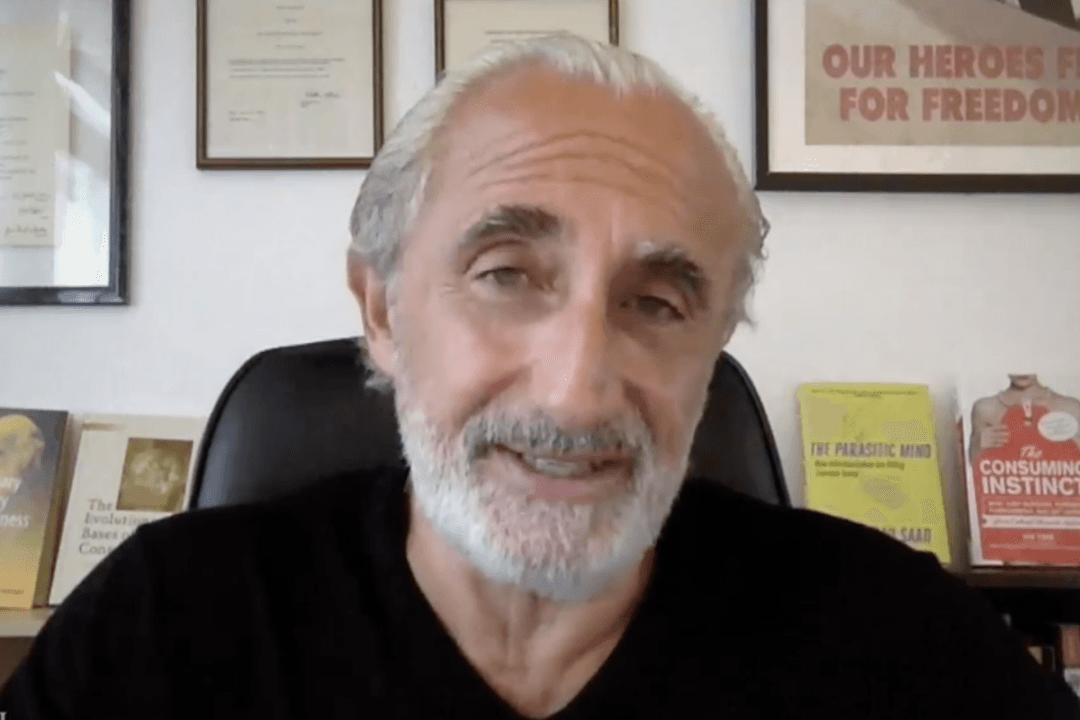Gad Saad is a Lebanese-Canadian professor of marketing at Concordia University, Canada, and the author of “The Parasitic Mind: How Infectious Ideas Are Killing Common Sense.” Saad argues that “idea pathogens” have infected the minds of millions and made many people “hysterical” about Donald Trump.
“What I call idea pathogens, these dreadful ideas that just like an actual physical pathogen can cause us harm, idea pathogens, parasitize our minds, leading us to quietly go into the abyss of infinite lunacy,” Saad said during a recent interview with Epoch TV’s American Thought Leaders program.






